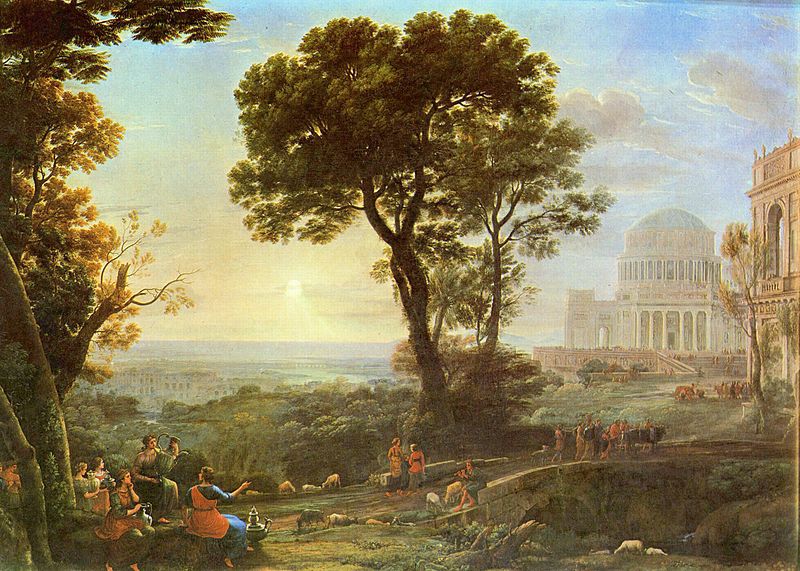|
Elders for millennia have complained about the younger generation. Surveys since 1949 confirm that in every decade, people around the world believe kindness and morals have declined—even though their evaluation of kindness and morals at the time of the surveys stays much the same from decade to decade.
The conviction that things are getting worse seems rooted in human nature more than objective decline. Some are nostalgic for the calm, trust, and family values of the 1950s. Others are nostalgic for the activism and sense of purpose of the 1960s. Many traditions speak of a past golden age: the Garden of Eden before the expulsion, matriarchal Crete before conquest by patriarchal Greeks, or harmony with nature before industrial capitalism. Two biases shape our perception of decline, psychologist Adam Mastroianni suggests. We focus on the negative to alert us to dangers in the moment, as do the media drawn by sales and ratings. As for the past, Mastroianni says the pain of bad times fades faster than the joy of good times. I recall childhood tears as well as fun, but it’s the memories of fun that I dwell on. Visions of a utopian future are widespread, too. Legends predicted King Arthur’s return some day to save Britain in its hour of need. Zoroastrians believe good will defeat evil at the end of time and restore the once-perfect world. In a Christian hymn, “These things shall be: a loftier race than e’er the world hath known shall rise . . . They shall be gentle, brave, and strong . . when all the earth is paradise.” Hard times are like the baloney sandwiched between nostalgia and hope. That’s probably not going to change; it’s in our nature. Knowing so may at least add perspective. Image: A golden age of the past. Claude Lorrain (1604/05-1682), Vedute von Delphi mit einer Opferprozession [“View of Delphi with a sacrificial procession”].
0 Comments
Leave a Reply. |
AuthorI'm a historian who writes novels and literary nonfiction. My home base is Madison, Wisconsin. Archives
July 2024
|

 RSS Feed
RSS Feed